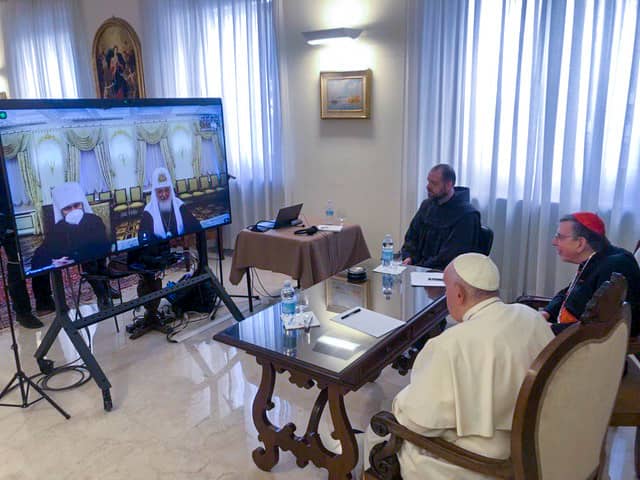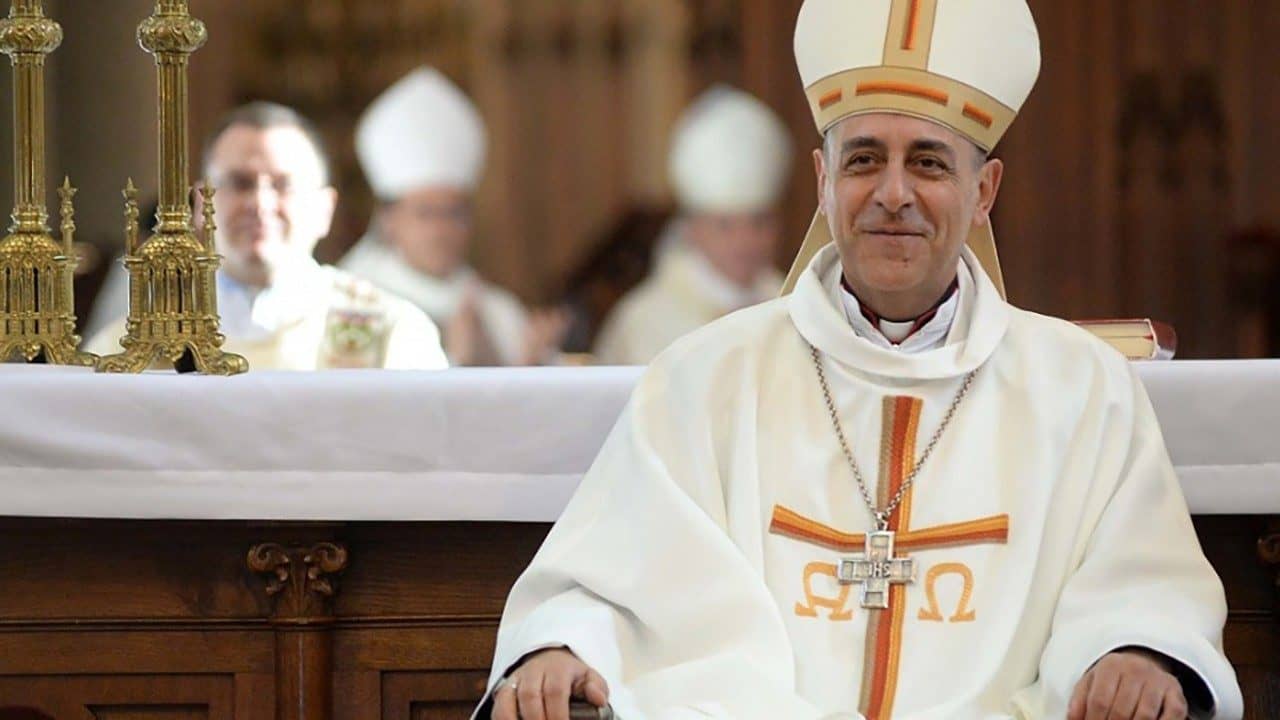ROME – There’s a dynamic in Catholic life, often unrecognized at the time but utterly familiar for anyone with a long memory, which goes like this.
An issue arises in the life of the Church, sparking wide debate and controversy. Protagonists on either side insist that the entire fate of Christendom is at stake, and pressure mounts for authority – usually, but not always, the Vatican or the pope – to make a ruling.
Finally, after ponderous reflection and delay, that ruling comes. Those who were pushing for it celebrate it as the greatest thing since sliced bread, while those against style it as an ecclesiastical Chernobyl. Debate rages, feelings intensify, and for a while it’s absolutely the only thing anyone can talk about.
Then, one day, you get out of bed in the morning and the storm has passed.
At that stage, people find other things to talk about (and sometimes to fight over), not because there’s been any definitive resolution of the controversy but because weariness sets in, and there’s a sort of informal “I won’t keep talking about it if you won’t” détente.
That was the pattern, for instance, with St. Pope Paul VI’s 1968 encyclical Humanae Vitae reaffirming the ban on artificial contraception, the furor over which felt like it would never subside – until it did. It was the same with Ordinatio Sacerdotalis, St. Pope John Paul II’s 1994 encyclical definitively closing the door to women’s ordination.
Sooner or later, a moment arrives in which it’s clear that no matter what people may think, this topic is no longer going to suck all of the oxygen out of the room.
All of which is background to this observation: The 2018 Synod of Bishops on young people, faith and vocational discernment eventually may be remembered for many things, but one seems destined to be that it marks the moment of closure for the kerfuffle unleashed over Amoris Laetitia in 2016.
In many ways, Amoris has been the dog that didn’t bark at this synod. There’s been virtually zero discussion of it on the synod floor, it doesn’t seem to have figured prominently in most of the small group discussions, and it certainly hasn’t loomed large in media discussion or editorial opinion. (Apparently Amoris was just about the only papal text cited in a preliminary draft of the synod’s final document, but that has relatively little to do with what actually happened inside the meeting.)
The discretion is a stark contrast with the first two synods under Pope Francis in 2014 and 2015, which paved the way for Amoris, and where discussion of its most contentious element – access to communion for divorced and civilly remarried Catholics – was the flashpoint par excellence.
This time the synod has been remarkably free of ideological sturm und drang, in part because Amoris has been AWOL.
Granted, some of the key figures in that debate aren’t taking part in this synod. Neither German Cardinal Walter Kasper, the great champion of the opening for the divorced and remarried, nor American Cardinal Raymond Burke, a prime mover behind the famous dubia questioning Francis’s ruling, are participating.
Still, plenty of the big dogs on either side, including Cardinal Reinhard Marx of Germany, Cardinal Wilfrid Fox Napier of South Africa, Cardinal Robert Sarah of the Vatican’s Congregation for Divine Worship, and Cardinal Christoph Schönborn of Austria – representing a mix of “pro” and “contra” views – are all on hand.
Yet none has used the occasion of the synod to try to re-litigate the Amoris debate, even though the material could lend itself to doing so. After all, plenty of young people come from homes that have experienced a divorce, and others may be going through it themselves.
One could also posit that perhaps the discretion on Amoris is due to the fact that the Church now has bigger fish to fry, above all the fallout from the massive clerical sexual abuse scandals that have rocked Catholicism in the run-up to this event.
That’s undoubtedly a factor, but it hasn’t stopped plenty of other subjects from surfacing at the 2018 synod, from the ambivalence of the internet to the dangers of gangs, from women in the Church to outreach to the LGBT community, and beyond.
In that context, the truth is that nothing was stopping anyone from revisiting the Amoris controversy if they wanted to, but no one apparently did.
Make no mistake, the withdrawal is not because minds have been changed. Catholic author Stephen Walford, a defender of Amoris, told Crux’s Chris White on Wednesday that the silence in the synod is a sign the document has been “gradually accepted,” and he may well be right in terms of overall sentiment. Yet those bishops hostile to Amoris when it appeared largely remain so now, so what’s changed is that they, along with most other parties to the drama, simply realized it wasn’t going anywhere and moved on.
This dynamic probably says many things about the Catholic Church, one of which is that despite its reputation for rigid command-and-control, it almost stubbornly resists definitive outcomes. Heads rarely roll, dissenters are rarely purged, and in general the Church just sort of muddles through.
Perhaps that’s really the only way to manage a 1.3-billion-strong worldwide community, where the idea that people will ever move in lockstep on anything is generally a fantasy. If you can’t live with some internal contradictions, you probably ought to take your religious business elsewhere.
Here’s another thing it may say, however: For many Catholics, the Church isn’t primarily about power politics or scandal — it’s the community in which they find each other, the sacraments, and ultimately Christ. That allows them to endure frustrations that might otherwise seem intolerable.
Besides which, let’s face it — where else are you going to have this much fun?














